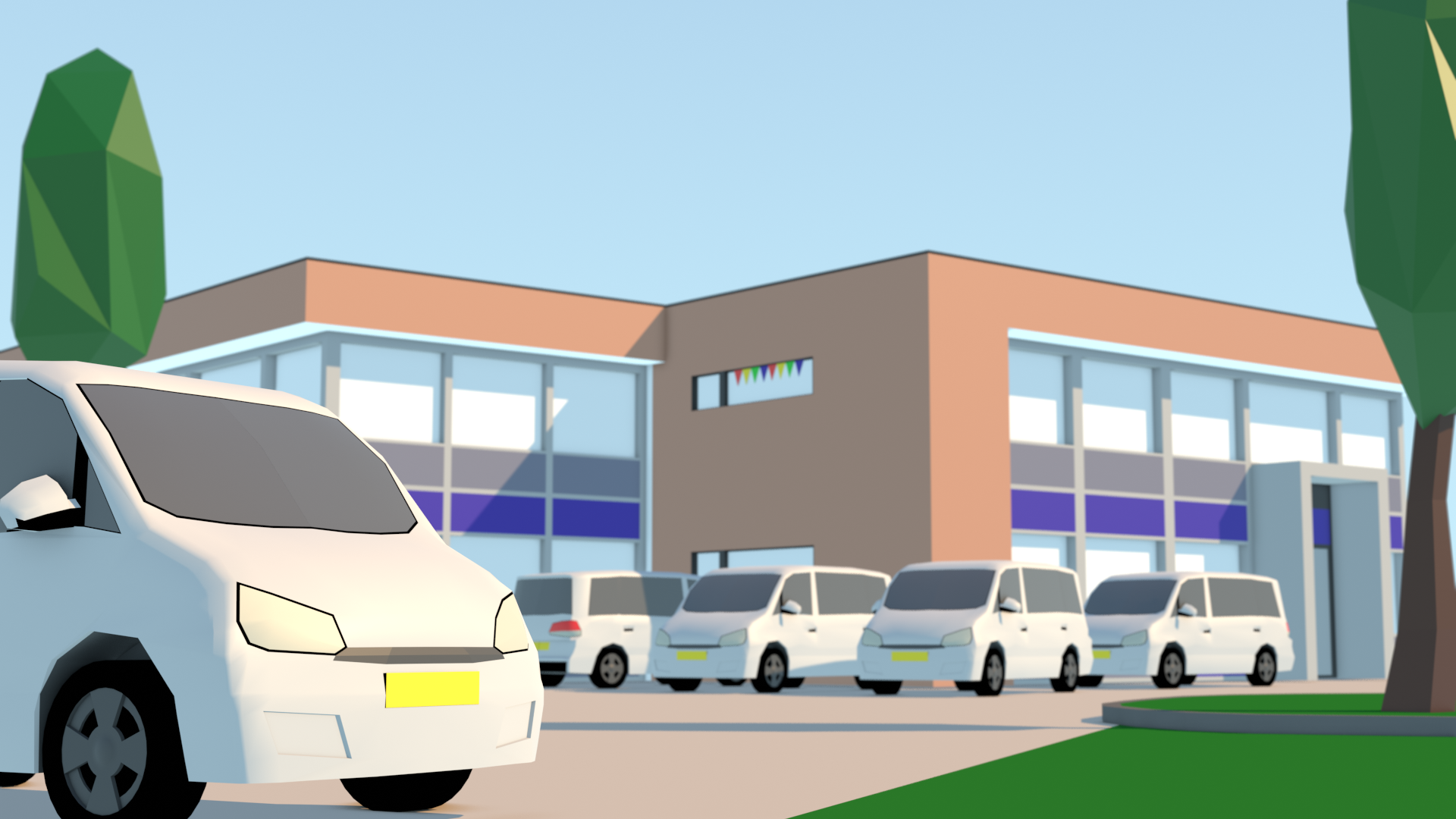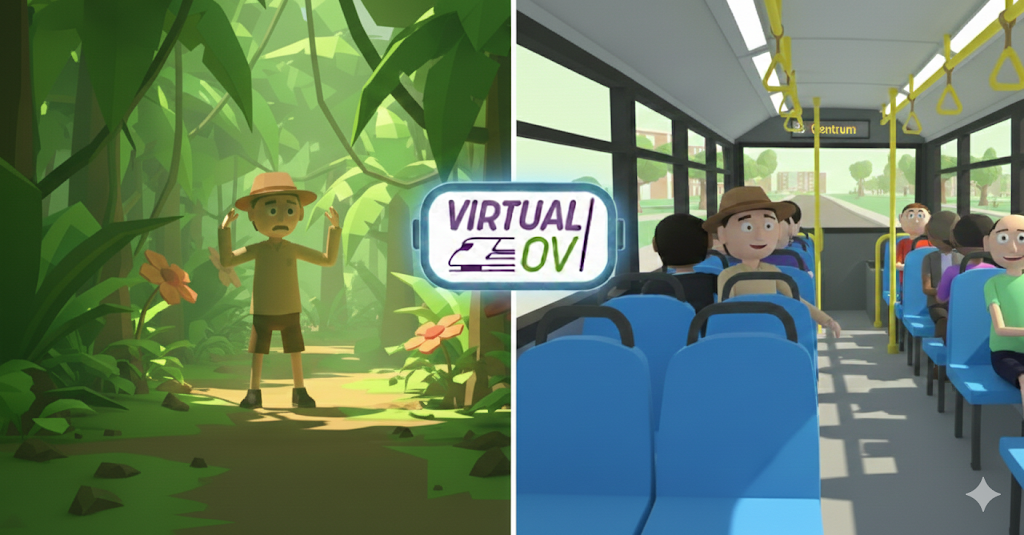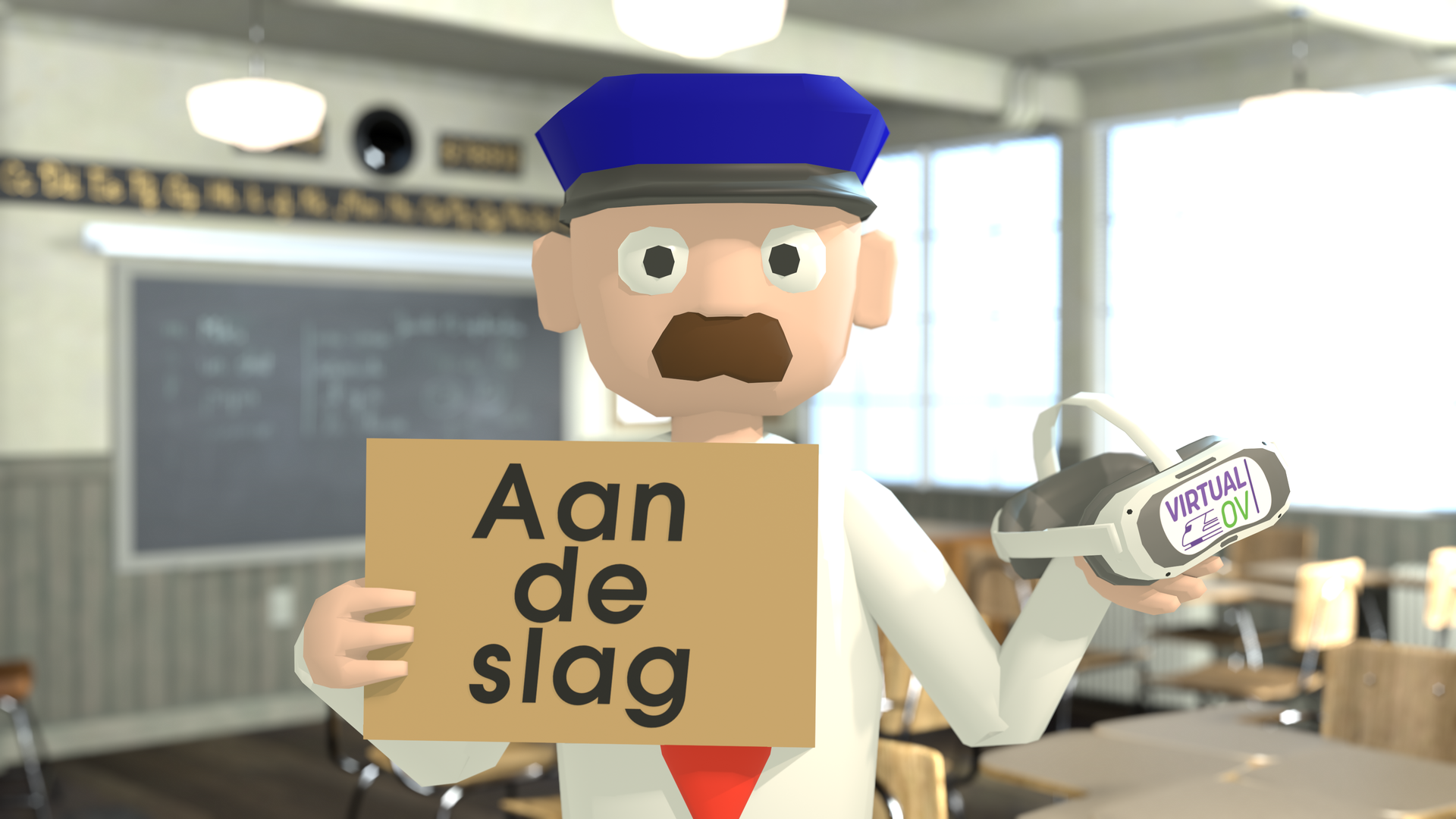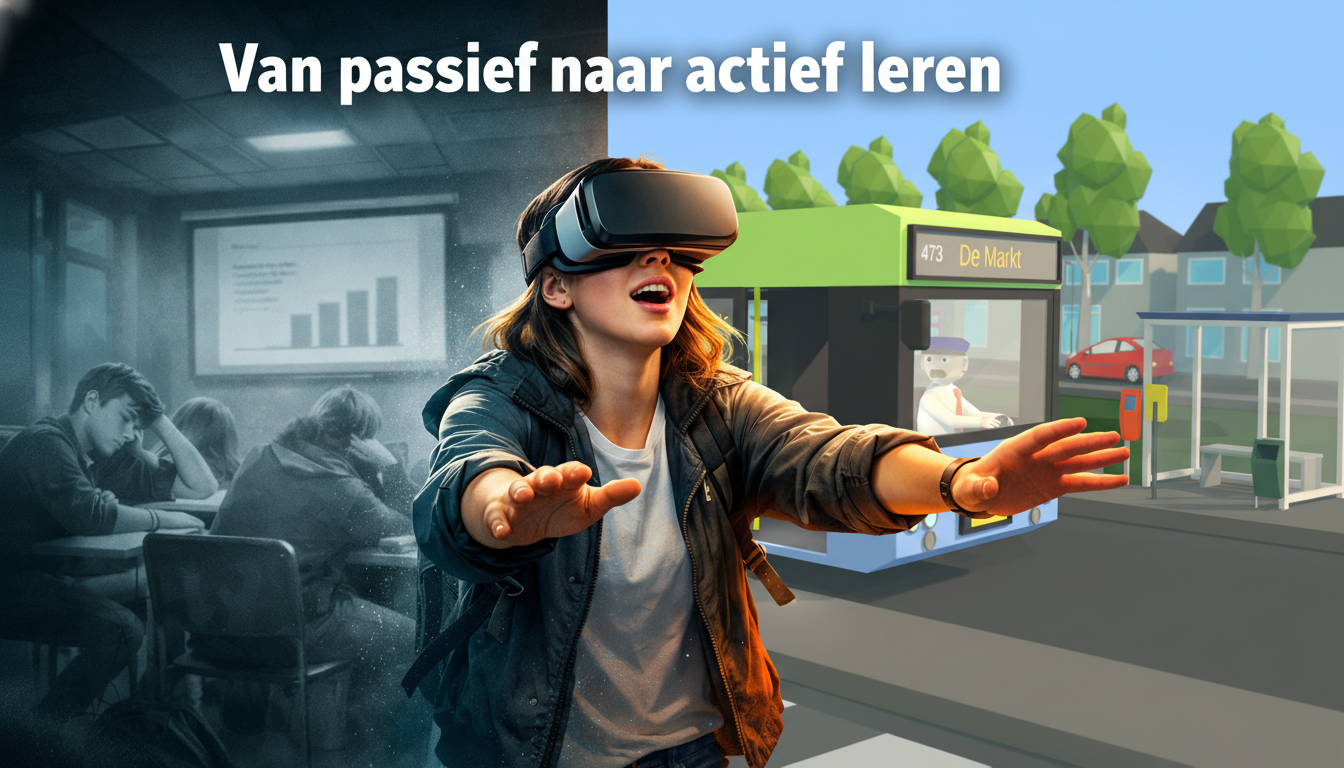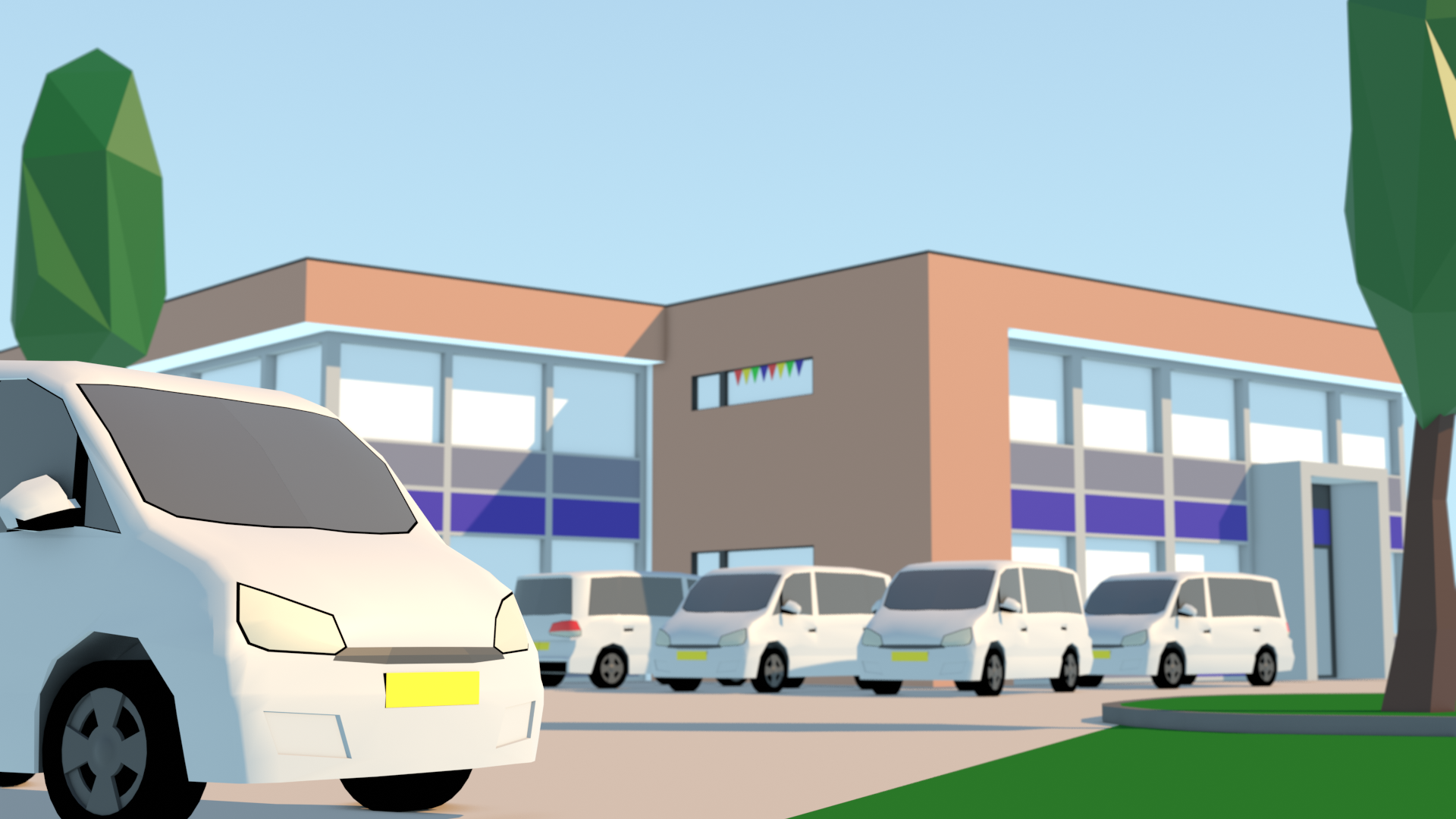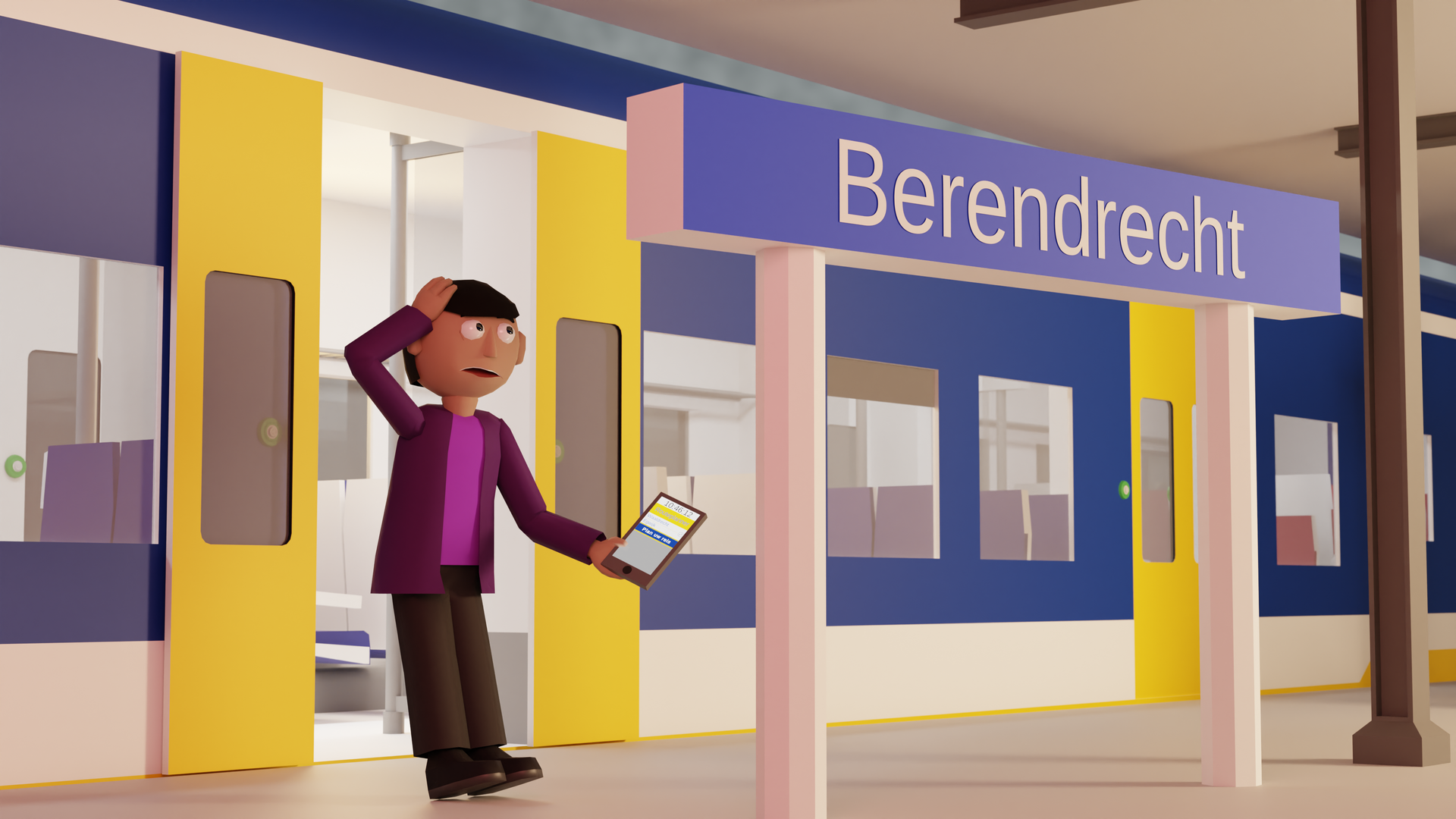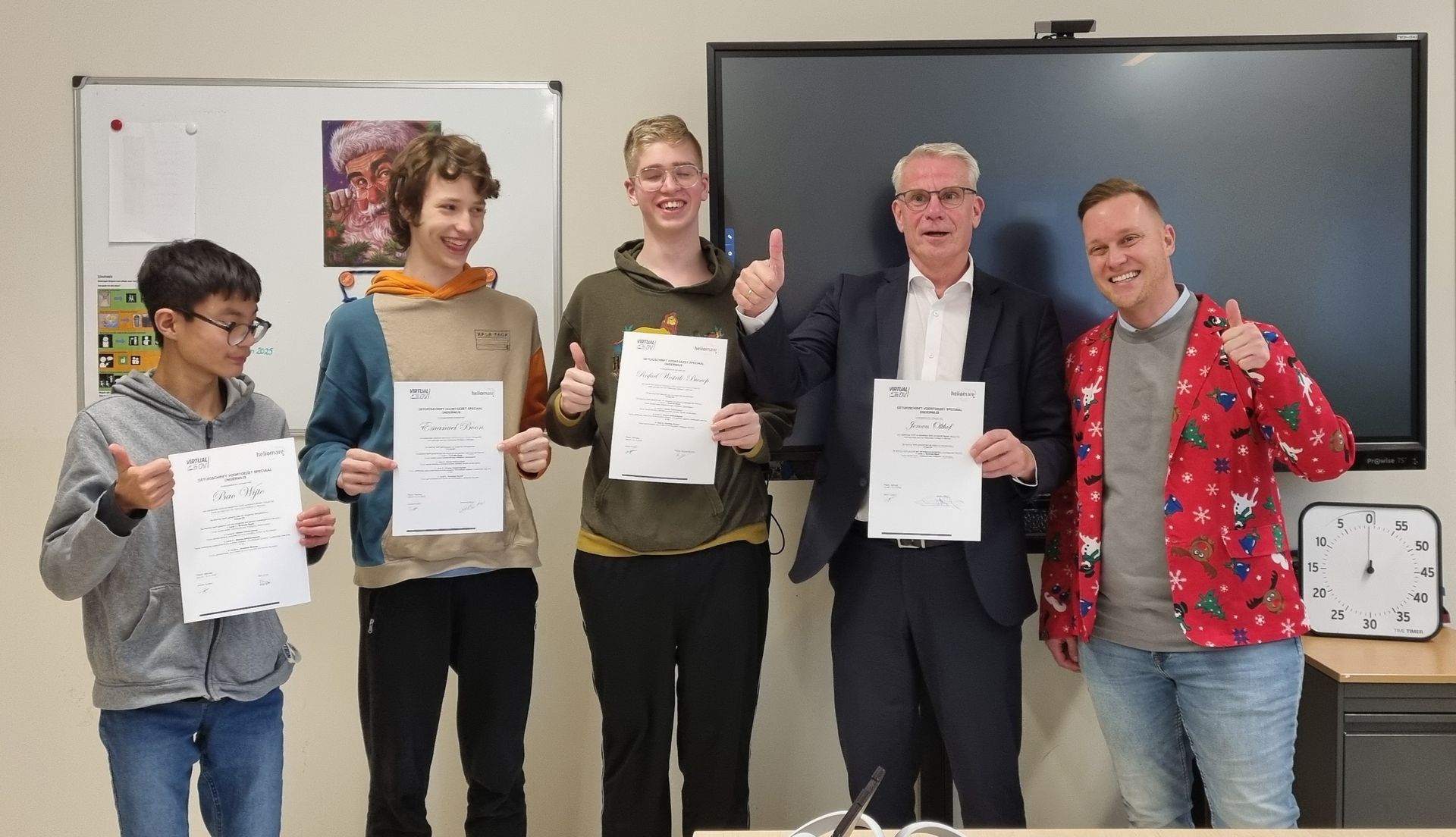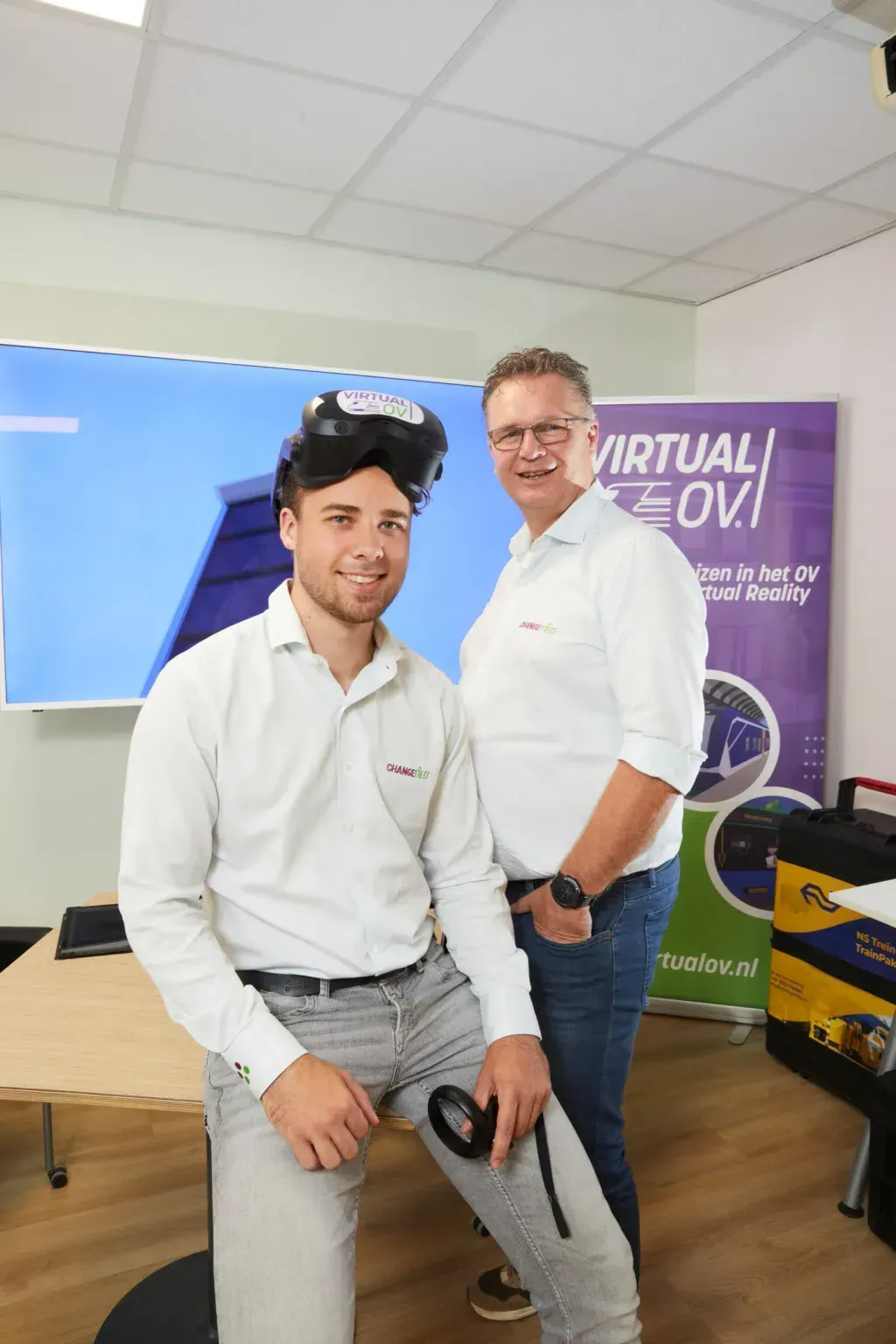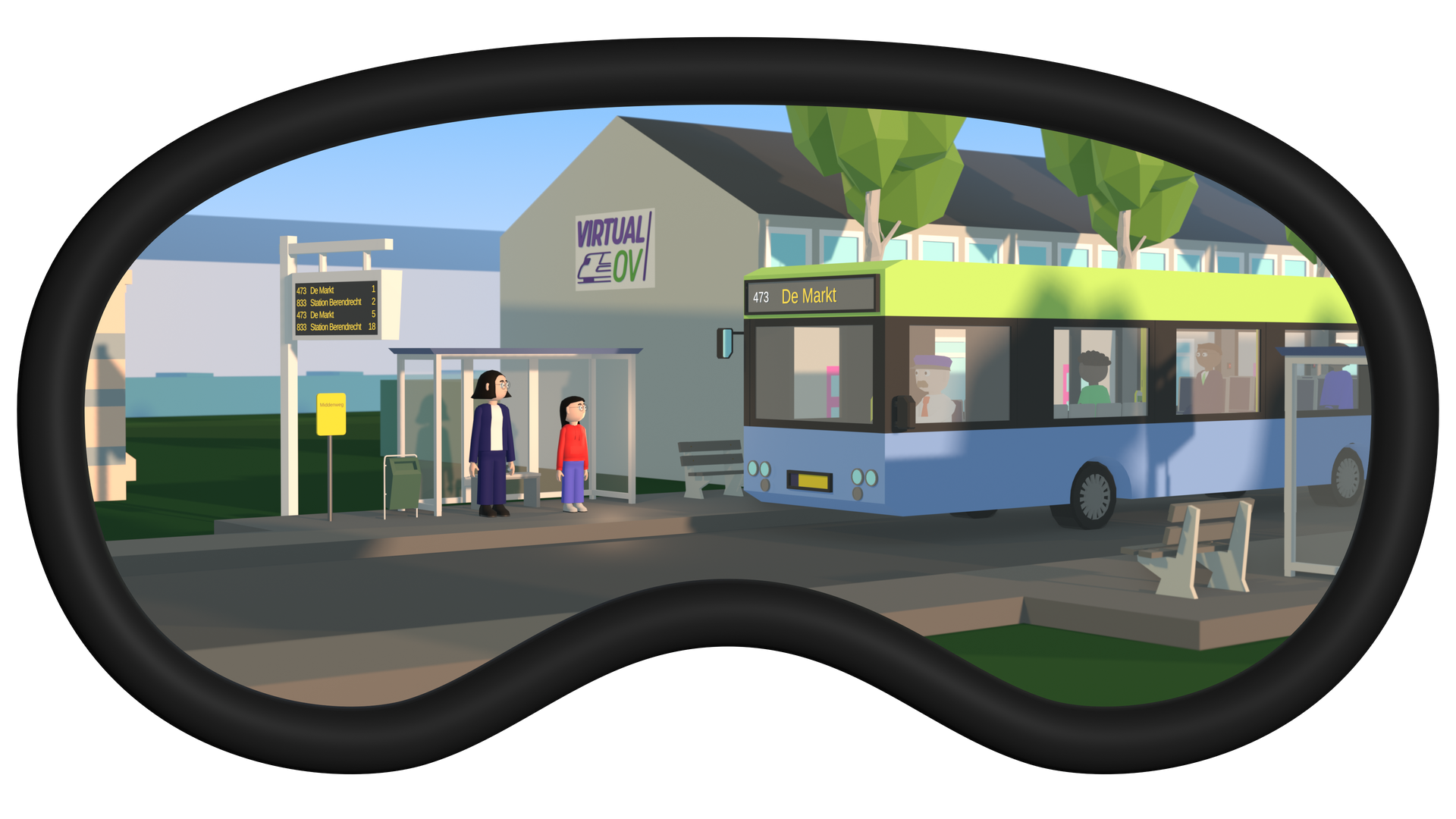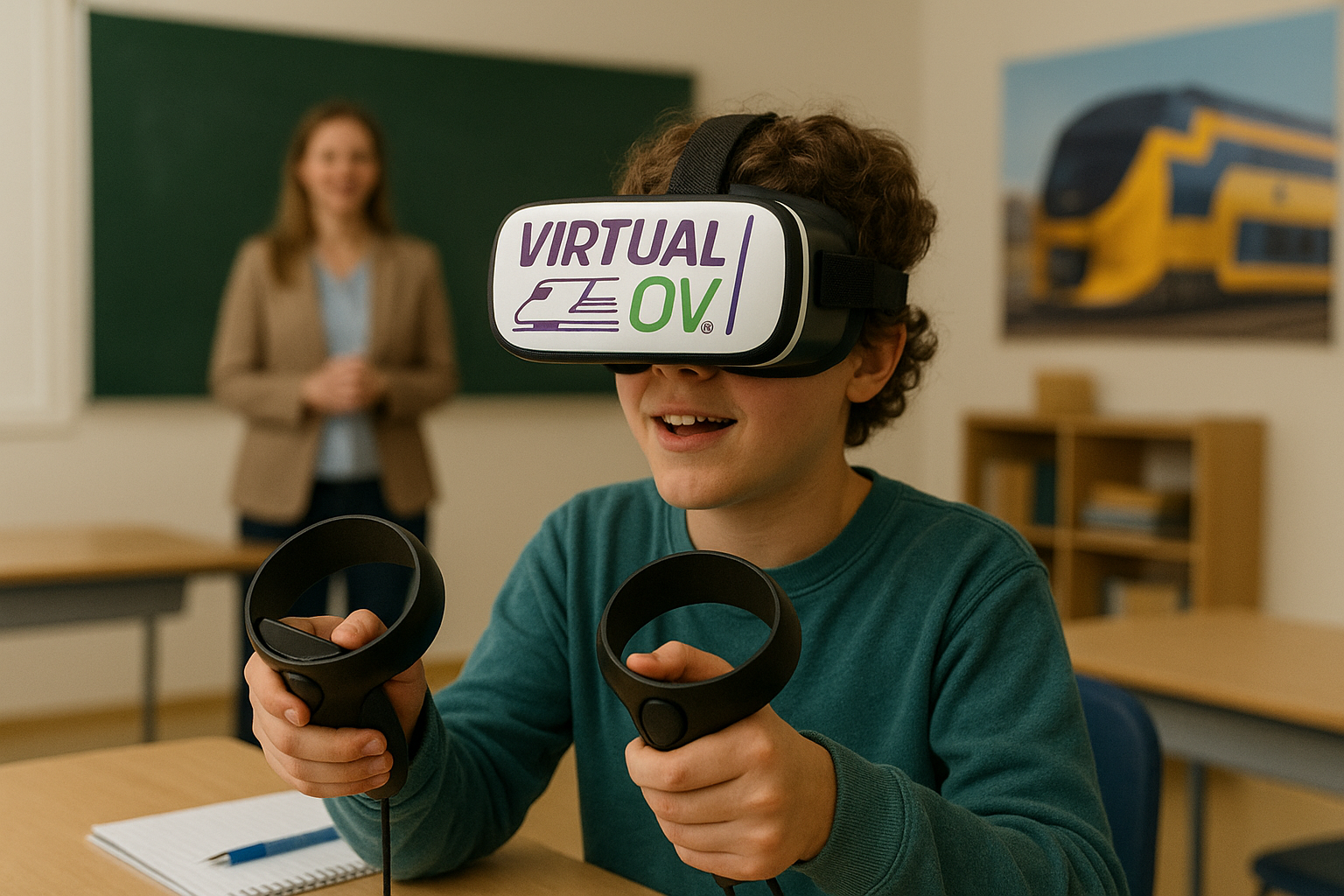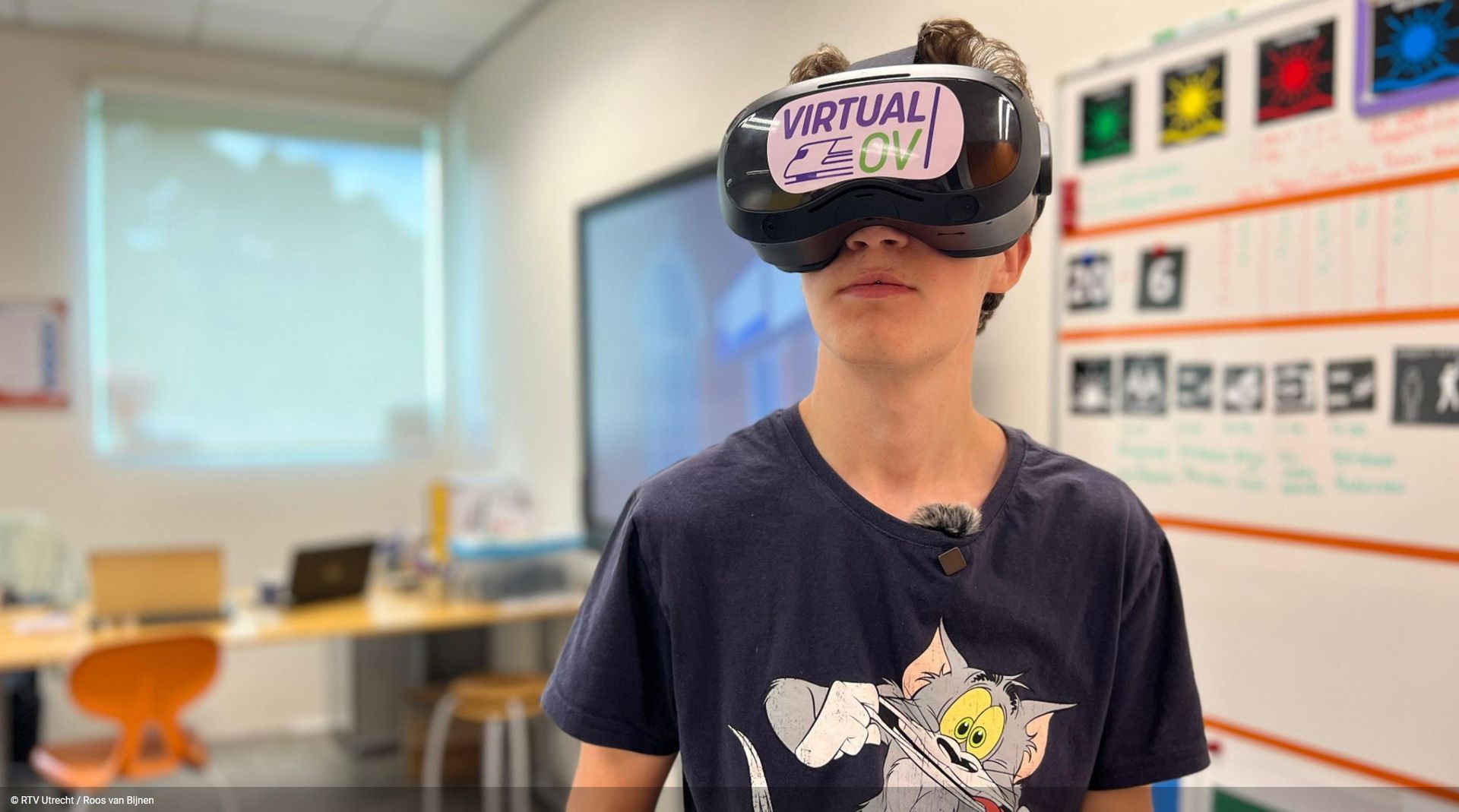Independence and Parent Support in Student Transportation
Independence and Parental Support in Student Transportation: The Role of Municipalities, Education, and Virtual Public Transport
Recent news shows that municipalities are increasingly placing responsibility for student transportation to special education on parents. This raises an important question: how can municipalities, educational institutions, and innovative solutions like Virtual Public Transport work together to empower young people and simultaneously provide parents with the right support?
The Challenge: A New Reality for Parents in Student Transportation
According to the Reformatorisch Dagblad, parents are being asked to provide their own transportation one day a week, for example, or to take their child to a pick-up point. While understandable from a cost perspective, this places a heavy burden on families who often already face many challenges.
The advocacy group Parents & Education is concerned about this development. Inge Verdaasdonk states: "You don't choose special education; it just happens." Municipalities are legally required to arrange student transportation, but parents often have to prove they are unable to do so themselves.
Jan Hofman, prospective chairman of the Association for Student Transport (VLLV) , emphasizes a new vision: "From standard student transport by taxi to offering children the opportunity to go safely and independently to special education."
Education as a Key to Independence in Student Transportation
Schools play a crucial role in increasing students' self-reliance. Independent travel is not only a practical skill but also an important part of citizenship education. By incorporating travel skills into the curriculum, schools can contribute to:
- Student independence
- Complying with legal obligations regarding citizenship education
- Preparing for social participation
Virtual Public Transport: An Innovative Solution for Student Transportation
Virtual Public Transport offers an innovative approach to student transportation. This virtual reality learning platform allows young people to practice public transport in a safe, virtual environment. The program includes:
- Realistic scenarios for route planning
- Exercises in dealing with delays or disruptions
- Training in communicating with fellow travelers
in West Brabant . Thanks to provincial subsidies, special education schools have implemented VR training, with positive results:
- Students feel more confident
- Reduced dependence on adapted transport
- Reducing the pressure on student transport
- Parents experience more peace and confidence in their child's abilities
Collaboration for Effective Student Transportation
A successful approach requires cooperation between all parties involved:
- Municipalities : Support Virtual Public Transport as part of student transport policy
- Educational Institutions : Integrating Virtual Public Transport into Citizenship Programs
- Virtual Public Transport : Providing practical tools and guidance for independent travel
Benefits for All Involved
This form of collaboration in student transport offers clear advantages for all involved:
- Parents: Less reliance on adapted transport, more tools and guidance to support their child, and more confidence in their child's independence.
- Municipalities: Lower costs due to reduced demand for adapted transport.
- Schools: Efficient implementation of citizenship education.
- Young people: More self-confidence, more independence and access to more social opportunities.
Conclusion: Student transportation as an opportunity for independence and inclusion, with a focus on parental support
The shift in responsibility for student transportation offers an opportunity to empower young people to participate more independently and inclusively in society. Effective collaboration between municipalities, educational institutions, and Virtual Public Transport can not only successfully achieve this transition but also provide the necessary support to parents.
Want to learn more about how Virtual Public Transport can contribute to independence and inclusion in student transportation, and how it can specifically support parents? Visit www.virtualov.nl for more information.
VLLV 'Changes in student transportation are necessary' - Nieuwsplein33
RWB RWB | News: VR lesson program increases self-reliance of West Brabant students in special education
Dagblad 010 Municipalities impose transport to special education on parents

